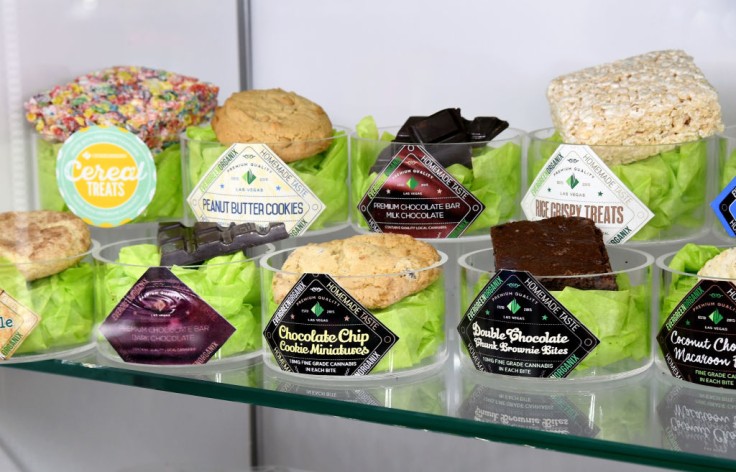
Children's exposure to edible marijuana and other means has surged in Colorado, yet lawmakers do not plan to revise the regulations this year.
The number of kids, especially very young ones, ingesting marijuana has nearly tripled in Colorado, even with regulations that say edible marijuana should be kept out of children's reach. However, what can be more alarming than this news is that state leaders have no intention to revisit or change the rules this 2023.
Based on the reports given to Rocky Mountain Poison and Drug Safety office, 151 children aged five and below in 2021 have been exposed to cannabis, a number that has skyrocketed from 56 children in 2017. According to the reports, these exposures happened by ingestion, inhalation, or absorption through the children's skin.
Further, there was also a surge in the number of children under six checked in the hospital with a marijuana-related billing code, with only 569 in 2019 compared to 1,082 in 2021.
It's happening all over the nation
From 2017 to 2021, young kids were most exposed to eating edibles like gummies, cookies, drinks, and other products with the psychoactive chemical tetrahydrocannabinol (THC), not intentionally but accidentally. In 2021 there were 97 children aged five and below that were unintentionally exposed to edible marijuana, as compared to 35 children in 2017. According to the poison and drug safety office, the exposures do not mean that the kids were poisoned or overdosed.
Marijuana exposures among kids are, in fact, on the rise nationwide. In a study published last month by the American Academy of Pediatrics, it was found that the cases of children younger than six who ingested marijuana edibles rose to a shocking number of 3,054 in 2021 from only 207 in 2017.
Colorado is playing a "notable role" in the nationwide trend. However, the federal government has not yet created uniform protocols, and health officials from Colorado have not expressed any plans for regulation revisions to end kids' exposure and consumption of cannabis.
"Marijuana laws and regulations are regularly evaluated by lawmakers, state agencies, local agencies and the various stakeholders. A top priority is preventing youth access and to the extent we see opportunity in rules to address youth access, we do so," Colorado's Marijuana Enforcement Division spokesperson Shannon Gray wrote in an email to KHN.
Gray further expressed that considerations on changing the regulations should be done, including those that state leaders have proposed.
Unfortunately, according to Colorado House of Representatives majority spokesperson Jarrett Freedman, there are no impending bills concerning marijuana edible mandates.
It goes back to the parent's responsibility
The legalization of selling recreational or edible marijuana began in Colorado in 2014 with the implementation of regulations to stop kids from mistaking cannabis for safe and delicious sweet treats.
It has been mandated that there should be no edible marijuana manufactured in the shape of a human, fruit, or animal. The edibles should be sold in packaging that is child-resistant with no candy or candies inside with it. Marketing and advertising of the products should not include cartoon characters or any characters or stuff that can appeal to children. Lastly, the universal THC symbol (! THC) must be visible on all packaging and stamped on all edible items.
However, information received by the Rocky Mountain Poison and Drug Safety cannot be filtered out between edible marijuana manufactured and sold by licensed retailers and those from "illegal sources" that are not following Colorado's packaging regulations, Gabi Johnston, the state health department's spokesperson, stated.
According to Dr. Marit Tweet, a medical toxicologist at the Southern Illinois University School of Medicine, the rise of accidental child exposure to cannabis has much to do with its legalization. The more readily available it is, the more opportunities the children have to be exposed to it, she told US NEWS.
Further, she stated that parents feel less stigma in going to poison centers and health clinics to ask for or buy edibles.
The problem lies, however, in parents not knowing how to store these marijuana edibles safely in their homes, knowing that most kids aged five and below still cannot read, Tweet stressed.
Related Article: Study Says Parents Who Smoke Marijuana Make Their Kids Weak Against Respiratory Infections
